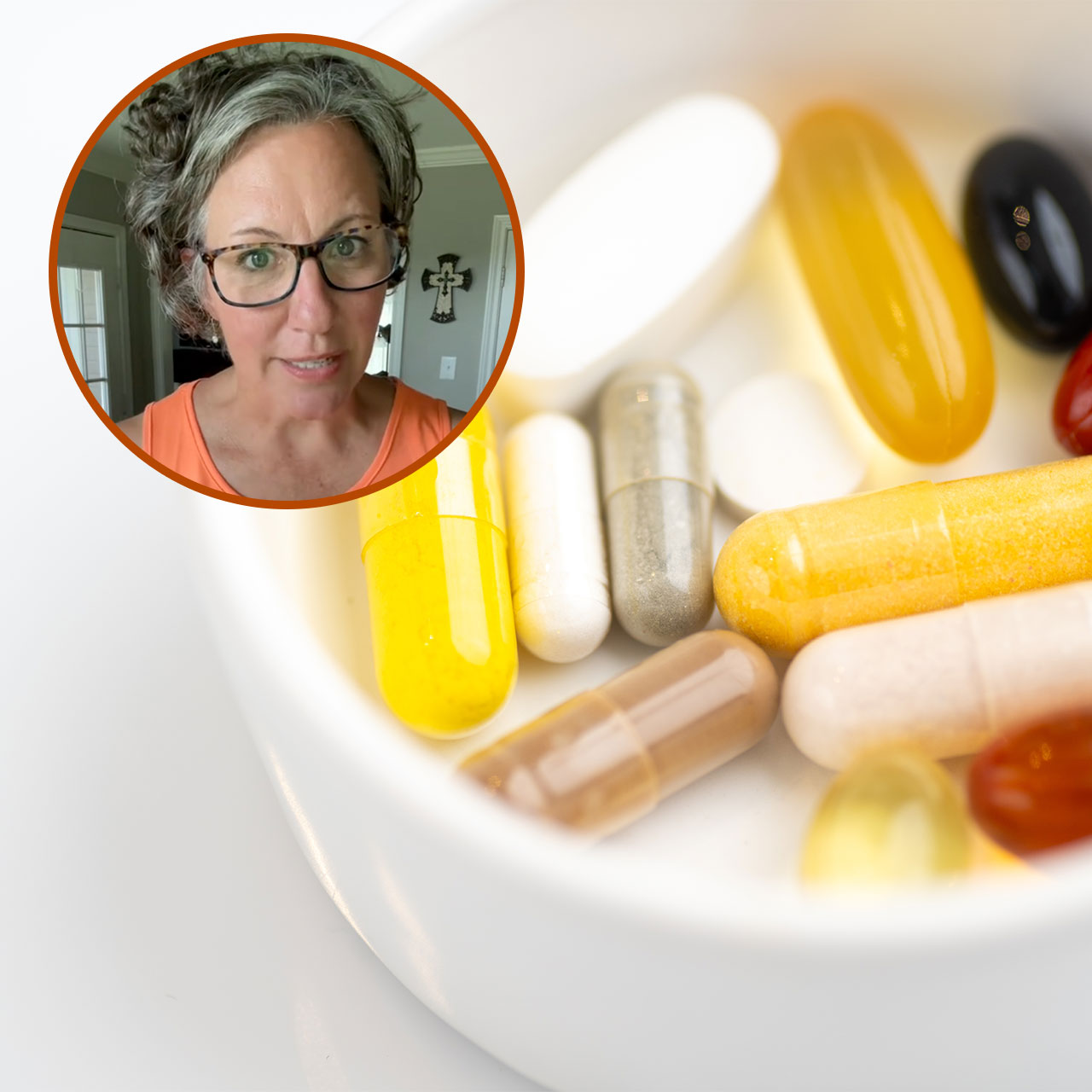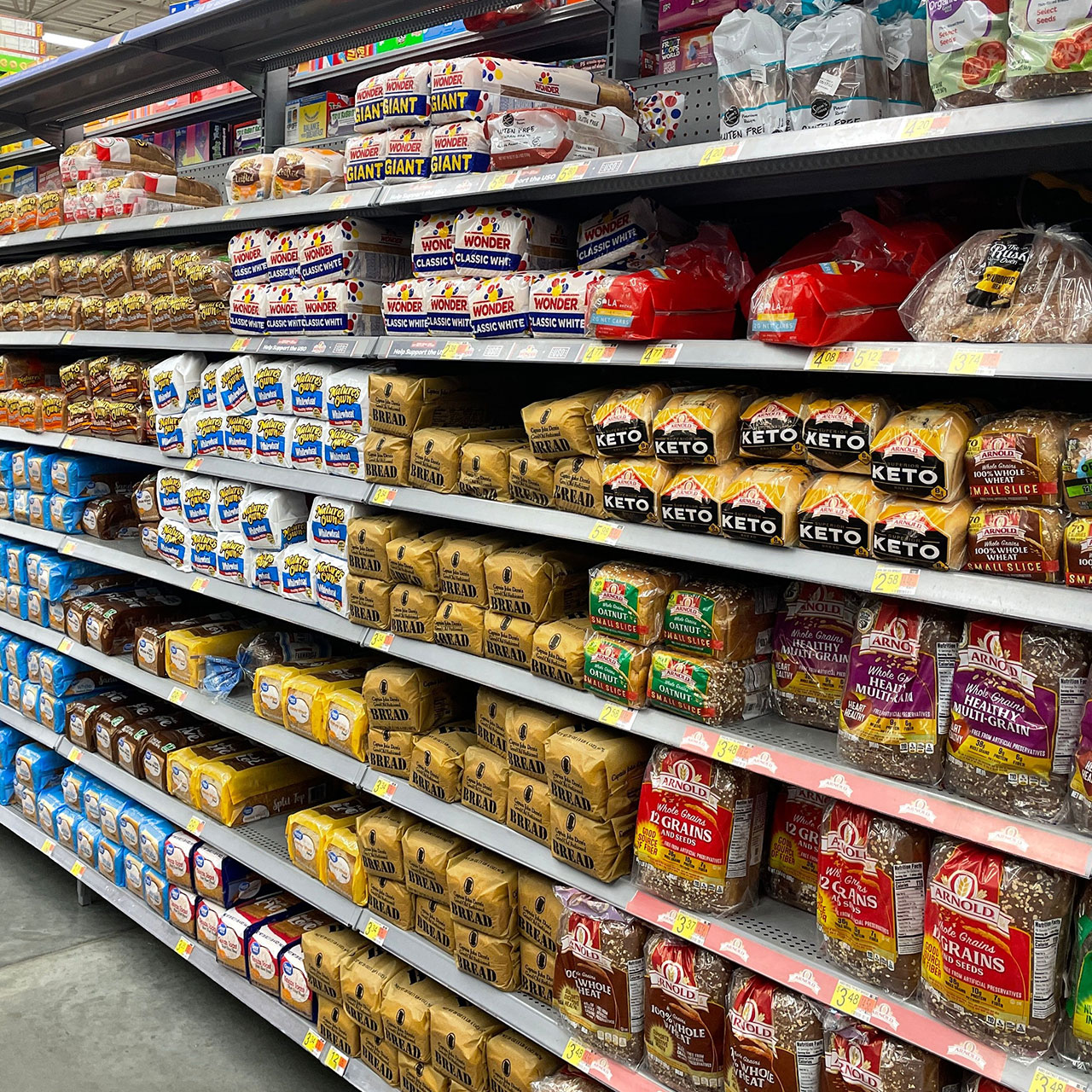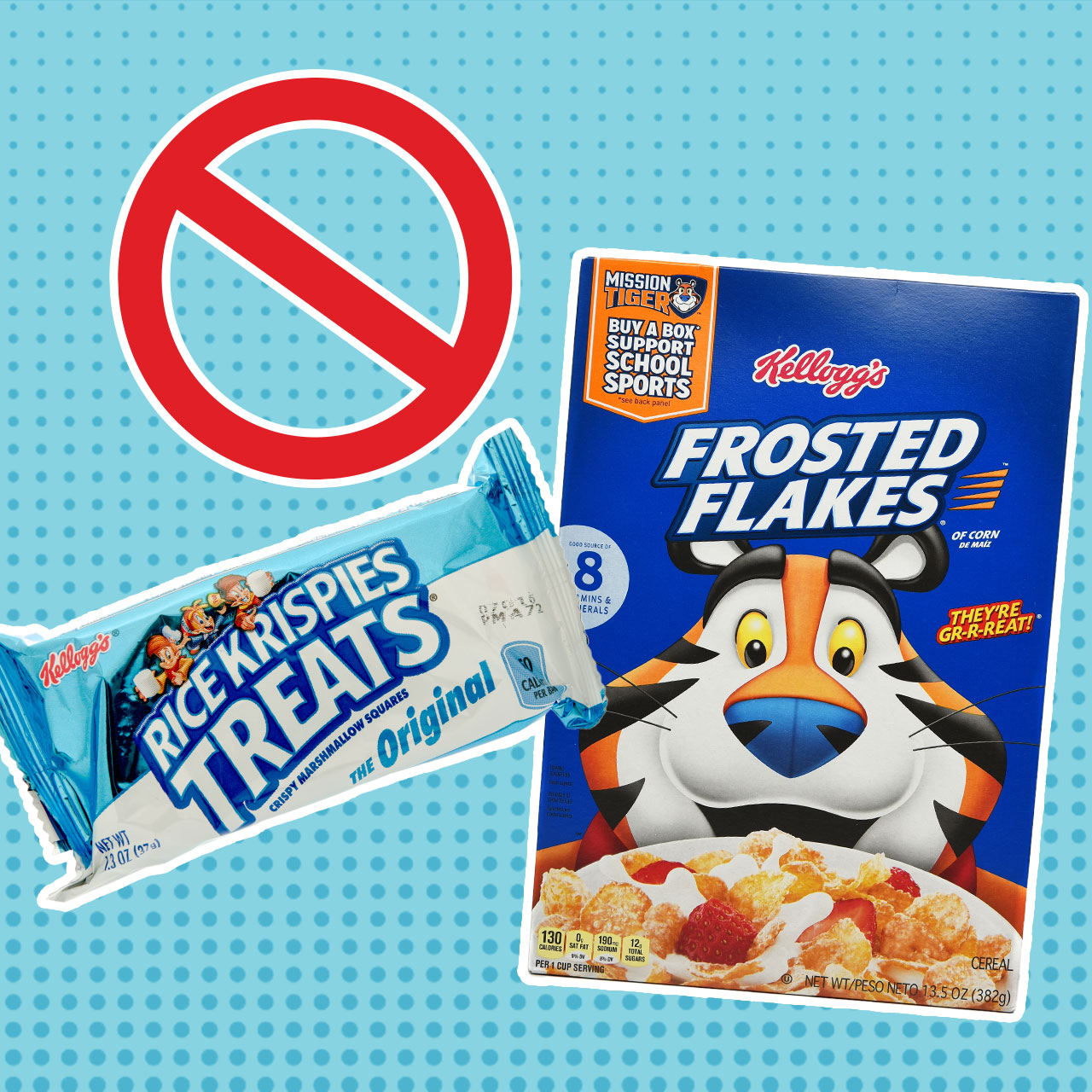

1. Rotisserie Chickens
Rotisserie chickens are a popular and convenient option for many, but they come with a hidden health cost. "These are an affordable, convenient supermarket staple, but one of the things that makes them so tender and delicious is that they're pumped full of salt water throughout the roasting process, making them especially high in sodium," explains Gallagher. To avoid this sodium overload, Gallagher suggests opting for frozen chicken breasts and preparing them at home, where you can control the amount of salt used.

2. Cheese
Cheese is often scrutinized for its fat and cholesterol content, but its high sodium levels are frequently overlooked. "Generally speaking, more aged cheese has more sodium, so go with something soft and fresh like mozzarella or cottage cheese to cut down on the sodium," advises Gallagher. While cheese can be a nutritious addition to your diet, choosing lower-sodium options can help manage your overall intake and reduce the risk of high blood pressure and other sodium-related health issues.

3. Granola
Granola is commonly perceived as a healthy breakfast or snack, but it can be deceptively high in calories and sodium. "Many commercial granolas are made with added sugars, honey, or syrups to enhance flavor and sweetness, which can drastically increase their calorie content," warns Best. Additionally, granola often includes calorie-dense ingredients like nuts, seeds, and dried fruits, and some brands even use added fats during the baking process. "Sodium can also be hidden in granola, especially in flavored varieties or those containing added ingredients like salted nuts or seeds," Best adds. This combination of sugars, fats, and sodium can turn granola into a dietary pitfall rather than a healthy choice.

4. Canned Soups
Canned soups are a convenient option, but they come with health risks. They are often laden with hidden calories and sodium. "Canned soups are often an unexpected source of hidden calories and sodium due to their convenience and flavor-enhancing ingredients," notes Richards. Many canned soups contain high levels of sodium for flavor and preservation, with a single serving sometimes exceeding the recommended daily intake. "Some canned soups include added sugars, fats, and artificial flavorings to enhance taste, which increases calorie content," Richards explains. Even those labeled as "low-fat" or "reduced-sodium" can be misleading, as they might still contain high levels of hidden sugars and other additives, making them a less healthy choice than they appear.

5. Barbecue Sauce
You can find a way to work barbecue sauce into just about any meal. It can be a little bit sweet, a little bit spicy, and all-around delicious—but unfortunately, it's also generally loaded with sugar, sodium, and calories. "Barbecue sauce is a condiment that could contribute to abdominal weight gain primarily due to its high sugar and calorie content," Richards warns. "Many commercial barbecue sauces are loaded with added sugars, often in the form of high-fructose corn syrup or other sweeteners. These added sugars can significantly increase the overall calorie content of the sauce, making it easy to consume excess calories unknowingly." Yikes!

6. Veggie Chips
While their vegetable origins may suggest a healthy snacking option, many vegetable chips are riddled with processed ingredients and additives. Gervacio says, "these chips may seem like a healthier alternative to regular potato chips since they are made from vegetables. However, many of these products are fried in unhealthy oils and coated with refined sugars, additives, and excessive salt to enhance flavor. This can lead to weight gain, high blood pressure, and other health issues associated with excessive sodium and sugar intake." But just like homemade granolas, you can make healthier chips at home, she says. "It's better to make your healthy chips! Use sweet potatoes, beets, or kale, and bake them with a small amount of olive oil and herbs for flavor." Yum!


























